How to Manage Distributor Contracts in Solar Lighting Supply | Insights by Quenenglighting
Navigating Solar Lighting Distributor Contracts: Your Essential Guide
The global solar lighting market is experiencing significant growth, driven by increasing demand for sustainable and off-grid lighting solutions. With projections indicating the market will exceed $10 billion by 2030, growing at a CAGR of over 15%, establishing robust and clear distributor contracts is more crucial than ever. For solar lighting manufacturers and suppliers, well-structured agreements are the bedrock of successful market expansion, brand protection, and long-term partnerships. This guide addresses critical questions for managing these vital contracts.
What are the Essential Clauses for a Robust Solar Lighting Distributor Contract?
A comprehensive distributor contract acts as a roadmap for your partnership, minimizing misunderstandings and legal disputes. Key clauses include:
- Scope of Agreement and Product Definition: Clearly define the products (e.g., solar street lights, solar floodlights, solar garden lights) and services covered, including specific technical specifications, certifications (e.g., CE, RoHS, IP ratings), and quality standards.
- Territory: Precisely delineate the geographical area where the distributor is authorized to sell. This can be exclusive, non-exclusive, or semi-exclusive.
- Term and Termination: Specify the contract duration (e.g., 1-3 years) and conditions under which either party can terminate the agreement, including breach of contract, non-performance, or mutual agreement.
- Pricing, Payment Terms, and Discounts: Detail the pricing structure, payment schedules (e.g., Net 30, Letter of Credit), currency, and any volume-based discounts or rebates.
- Marketing and Sales Obligations: Outline the distributor's responsibilities for marketing, sales efforts, and adherence to brand guidelines.
- Intellectual Property (IP): Address the use of trademarks, patents, designs, and proprietary information.
- Warranty and After-Sales Support: Define responsibilities for product warranties (e.g., 3-5 years for solar lighting components) and customer service.
- Indemnification and Liability: Protect both parties from potential legal claims.
- Governing Law and Dispute Resolution: Specify the jurisdiction for legal matters and preferred methods for resolving disputes (e.g., negotiation, mediation, arbitration).
How Do You Define Performance Metrics and Sales Targets for Solar Lighting Distributors?
Setting clear, measurable, achievable, relevant, and time-bound (SMART) performance metrics is vital for evaluating distributor effectiveness and driving growth. For solar lighting, consider:
- Sales Volume and Revenue: Quarterly or annual targets in units sold and revenue generated.
- Market Penetration: Growth in specific market segments or regions within the defined territory.
- New Customer Acquisition: Number of new projects or clients secured.
- Inventory Management: Maintaining optimal stock levels to meet demand without excessive holding costs.
- Customer Satisfaction: Feedback scores or repeat business rates.
- Product Training and Certification: Ensuring distributor staff are adequately trained on product features, installation, and maintenance.
These metrics can be linked to incentives, bonuses, or even exclusivity clauses to motivate performance.
What are the Best Practices for Managing Pricing and Payment Terms in Solar Lighting Supply?
Effective pricing and payment terms ensure profitability and healthy cash flow. Best practices include:
- Tiered Pricing Models: Offer better pricing for higher volume orders, incentivizing larger commitments.
- Volume Discounts: Clearly defined discounts based on purchase quantities over a period.
- Early Payment Incentives: Offer small discounts (e.g., 1-2%) for payments made before the due date.
- Flexible Payment Options: For large projects, consider Letter of Credit (LC), partial upfront payments, or milestone-based payments.
- Currency Risk Management: For international distributors, specify the transaction currency and consider hedging strategies or clauses addressing currency fluctuations.
- Regular Price Reviews: Account for changes in raw material costs (e.g., silicon for solar panels, battery components), manufacturing costs, and market dynamics.
Should Exclusivity Clauses be Included, and How Should They Be Structured?
Exclusivity can be a powerful motivator but requires careful consideration:
- Pros: Motivates distributors to invest heavily in a specific brand, reduces competition within the territory, and fosters a stronger partnership.
- Cons: Limits market reach if the distributor underperforms, and ties a supplier to a single partner in a region.
- Performance-Based Exclusivity: Grant exclusivity contingent on the distributor meeting specific sales targets or market penetration goals within a defined period. Failure to meet these targets could lead to conversion to a non-exclusive agreement or termination of exclusivity.
- Clear Territorial Definitions: Ensure the exclusive territory is precisely defined to avoid disputes.
How to Address Intellectual Property (IP) and Confidentiality?
Protecting your intellectual property is paramount, especially in a competitive market:
- Trademark Usage: Grant limited, non-transferable rights for distributors to use Quenenglighting name (e.g., Quenenglighting) and logos for marketing and sales within the scope of the agreement.
- Patent and Design Rights: Explicitly state that all patents, designs, and proprietary technologies remain the sole property of the supplier.
- Non-Disclosure Agreements (NDAs): Incorporate robust confidentiality clauses or separate NDAs to protect trade secrets, product roadmaps, customer lists, and financial data.
- Marketing Materials: Define how distributors can use and adapt your marketing collateral, ensuring brand consistency and accuracy.
What Role Does Training and Technical Support Play in Distributor Success?
Distributors are your frontline representatives; their success directly impacts yours:
- Comprehensive Product Training: Provide in-depth training on product features, installation procedures, troubleshooting, and maintenance for the entire solar lighting range. This could be through online modules, workshops, or documentation.
- Sales and Marketing Training: Equip distributors with the knowledge to effectively position and sell your solar lighting solutions against competitors.
- Technical Support: Establish clear channels and response times for technical queries, ensuring distributors can quickly resolve customer issues. A dedicated support team or online portal can be invaluable.
- Regular Updates: Keep distributors informed about new product releases, updates, and market trends.
Quenenglighting: Your Partner for Sustainable Solar Solutions
At Quenenglighting, we understand that strong partnerships are built on trust, quality, and mutual success. We pride ourselves on manufacturing high-quality, innovative solar lighting solutions backed by robust engineering and reliable performance. Our commitment extends beyond just products; we offer comprehensive support to our distributors, including detailed technical documentation, tailored training programs, and responsive after-sales service. We believe in crafting clear, equitable distributor contracts that foster long-term growth and enable our partners to thrive in the dynamic solar lighting market. Partner with Quenenglighting for a brighter, more sustainable future.

Have more questions about our products or services?
The latest hot news you might like

Discover how solar panels power street lights, exploring the technology behind solar energy conversion, storage systems, and how solar-powered street lights are revolutionizing urban and rural lighting solutions.

Learn how AC Solar Hybrid Street Lights work, their advantages, disadvantages, system behavior in low-sunlight conditions, and why hybrid technology is ideal for regions with unstable sunlight.
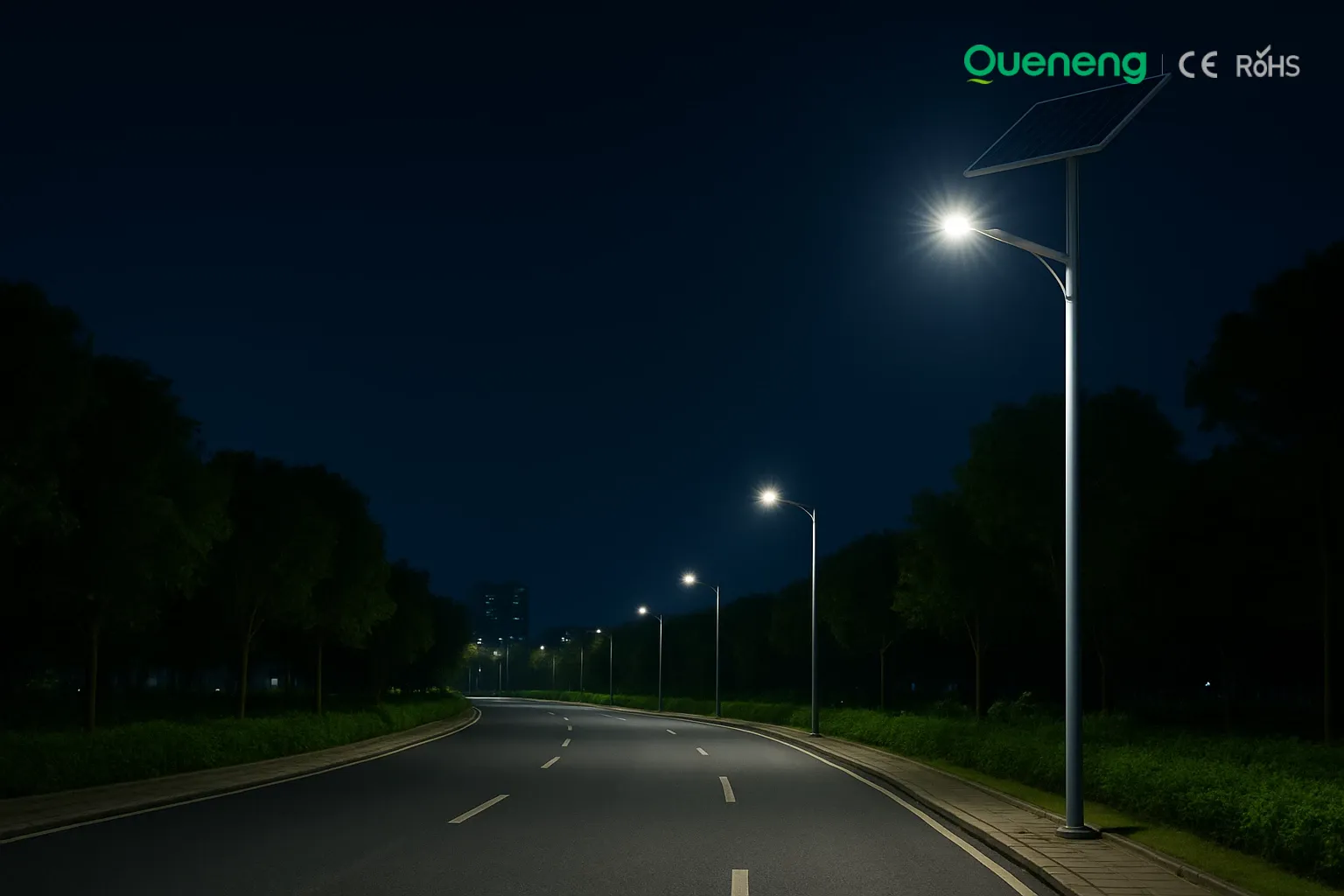
Municipalities around the world are increasingly adopting solar-powered streetlights as part of their urban development strategies. Rising energy costs, the need for sustainable infrastructure, and government green initiatives are driving cities to switch from traditional street lighting to advanced LED solar streetlights.
Queneng Lighting provides municipalities with cost-effective, energy-efficient, and durable solar lighting solutions, ensuring safe and sustainable public spaces.

In recent years, the purchase of solar streetlights for municipalities has become a growing trend across the globe. Local governments are under pressure to reduce public expenditure, promote green energy, and create safer communities. Solar streetlights provide a reliable, cost-effective, and sustainable solution that meets these needs. Queneng Lighting, as a leading solar street lighting manufacturer, has supported multiple municipal projects worldwide with customized and energy-efficient solutions.
FAQ
Remote Areas Rural Development
What is the average lifespan of the lighting system?
The system typically lasts 8-10 years, with components like batteries requiring replacement every 5-8 years.
Municipal and Public Infrastructure
What happens if the battery runs out of charge?
Our solar streetlights use advanced battery management systems to optimize energy usage. Even during prolonged cloudy or rainy periods, the lights can function at reduced brightness to conserve energy.
Solar Street Light Luqing
Can solar street lights be used in cloudy or rainy weather?
Yes, solar street lights can still function in cloudy or rainy conditions, though their performance may be reduced due to lower sunlight. The battery is designed to store enough energy to power the light for several days of overcast weather.
Battery and Analysis
What are the possible causes of zero or low voltage in a battery pack?
2) The plug is short-circuited, broken, or poorly connected to the plug;
3) The leads are desoldered and soldered to the battery;
4) The internal connection of the battery is incorrect, and there is missing, weak, or desoldering between the connecting piece and the battery;
5) The internal electronic components of the battery are incorrectly connected and damaged.
Solar Street Light Luyi
Are Luyi solar street lights suitable for all outdoor environments?
Yes, Luyi solar street lights are highly versatile and suitable for a wide range of outdoor environments. Whether for urban streets, rural roads, parking lots, parks, or pathways, Luyi lights provide reliable illumination in any setting. Their weatherproof and durable construction makes them ideal for harsh outdoor conditions, including extreme heat, cold, rain, and snow.
Solar Street Light Luhao
What is the energy efficiency of the Luhao solar street light?
The Luhao solar street light is highly energy-efficient, using solar panels to convert sunlight into electricity without relying on grid power. The LED lights consume very little energy compared to traditional street lights, making them both cost-effective and eco-friendly.

The Solar Streetlights of Luhao for Municipalities are designed to deliver reliable, energy-efficient, and cost-effective public lighting solutions. Equipped with advanced LED technology, durable lithium batteries, and high-efficiency solar panels, these streetlights provide consistent illumination for roads, parks, residential areas, and government projects.
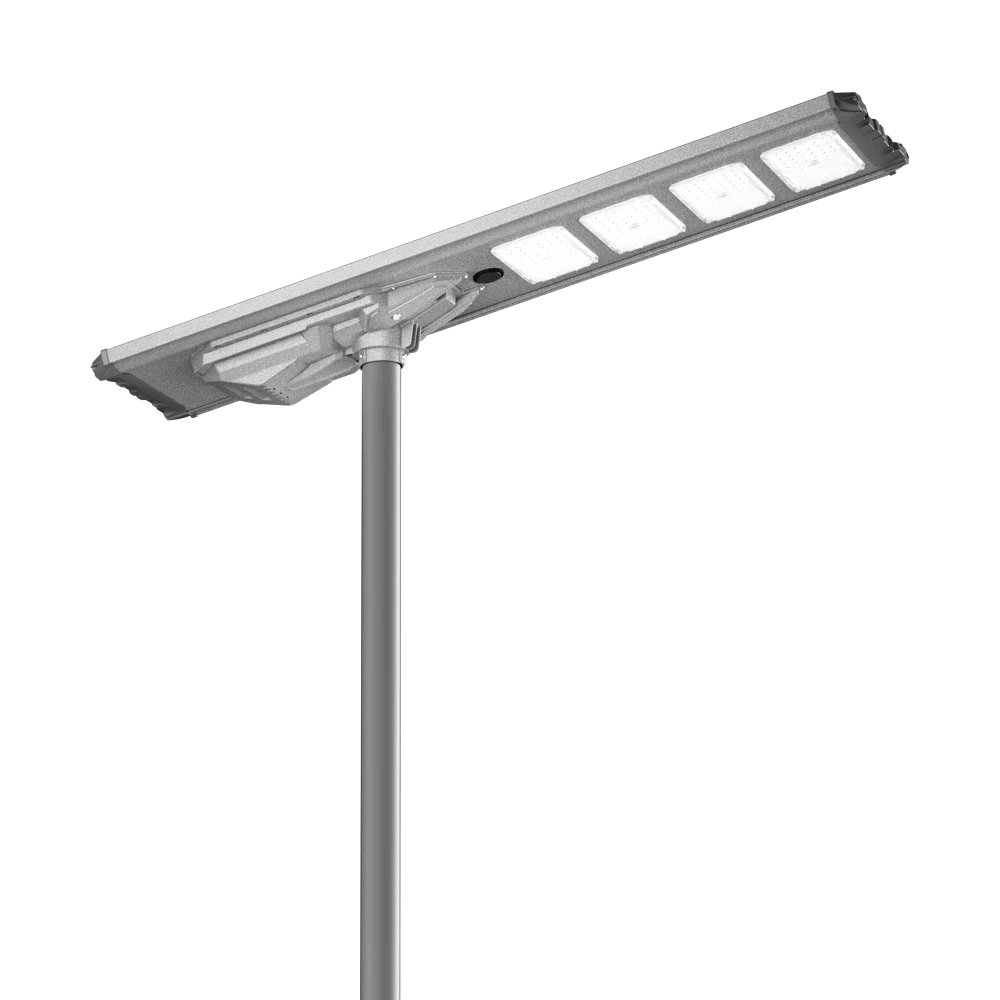
Queneng's Lufei Solar Street Light offers durable, energy-efficient outdoor lighting solutions. This solar-powered street light provides reliable illumination, reducing energy costs and environmental impact. Ideal for outdoor spaces, Lufei ensures safety and security.
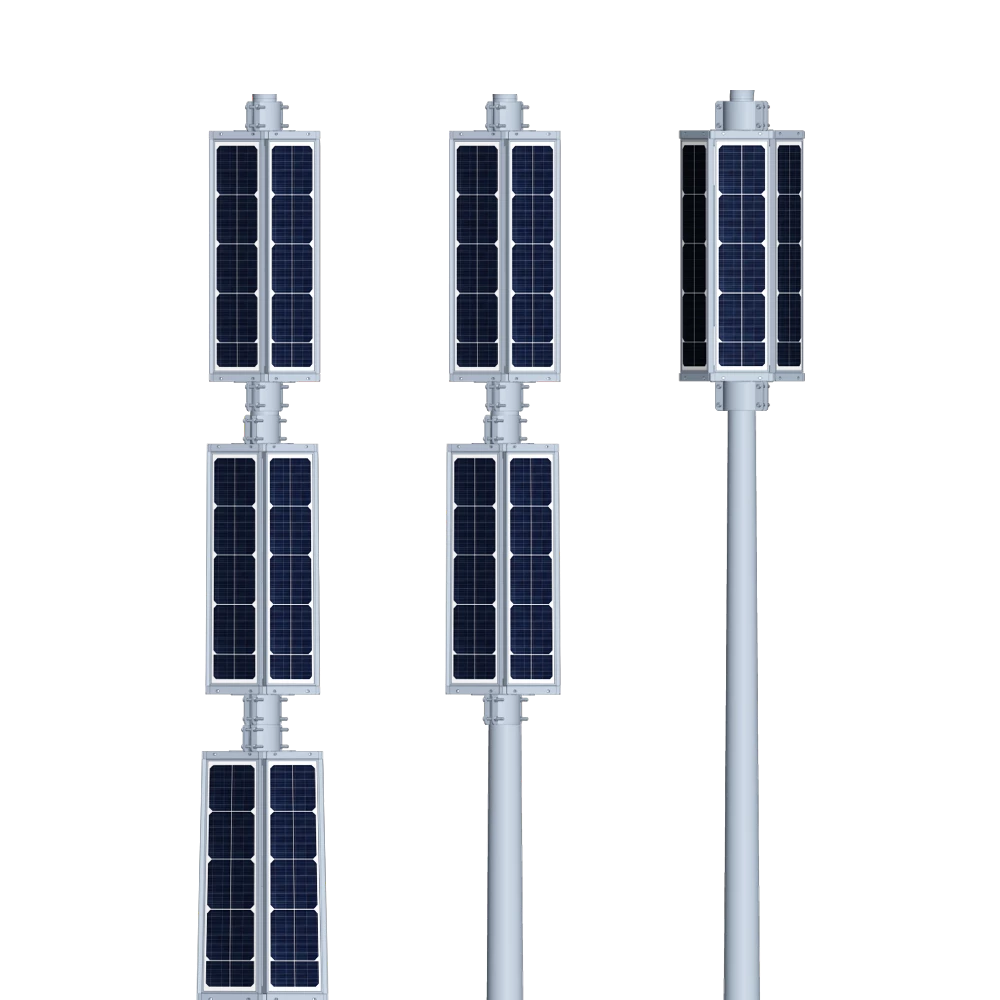
Queneng's Luzhou Solar Street Light provides sustainable, energy-efficient outdoor LED lighting. Powered by solar energy, it's a cost-effective and eco-friendly solution for illuminating streets and pathways. A reliable and durable LED solar street light.
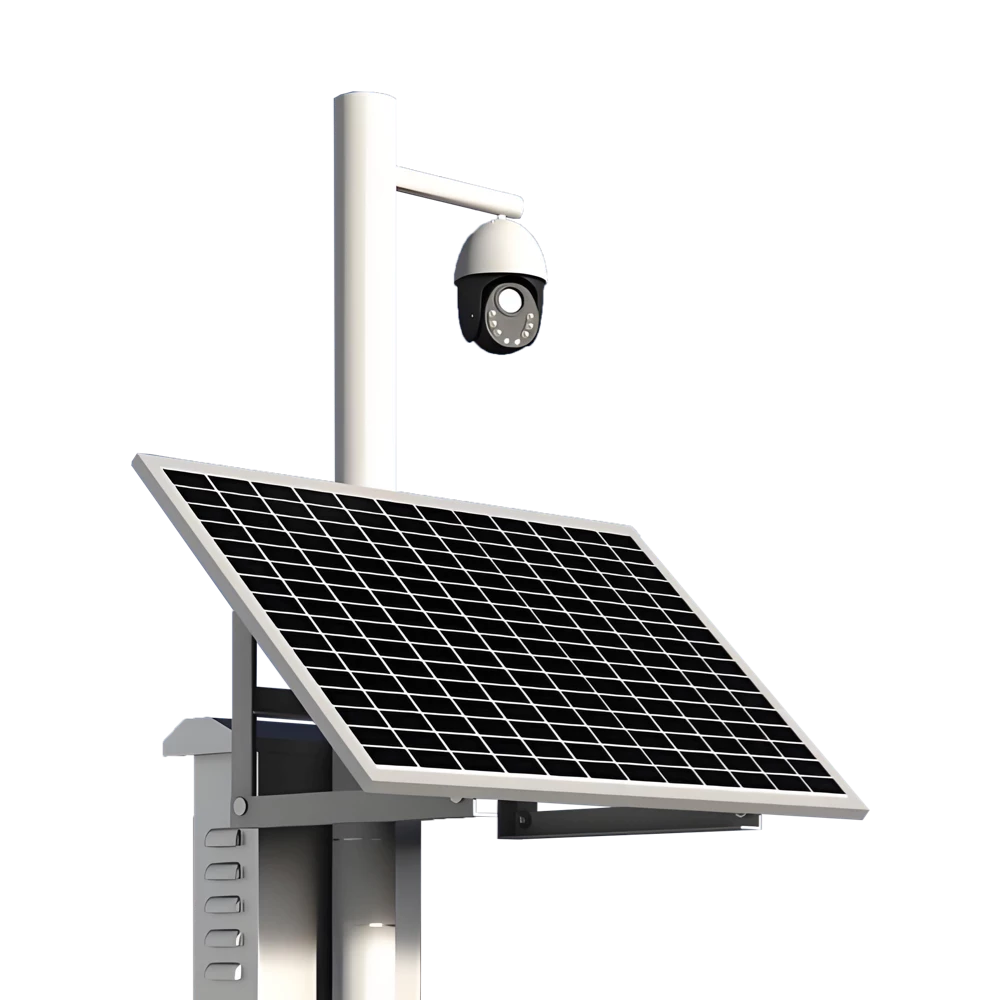
The Solar Street Light offers an energy-efficient, eco-friendly solution for illuminating outdoor spaces.
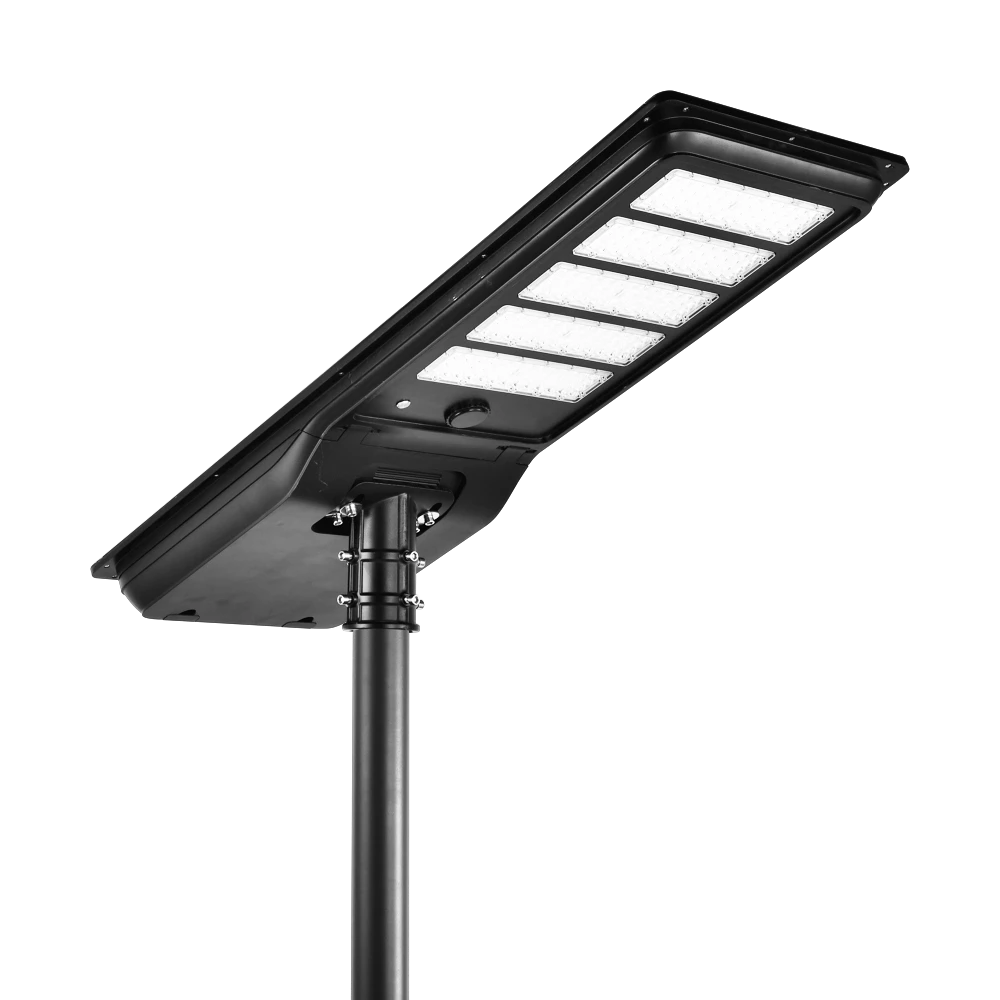
High-efficiency all-in-one solar street light with a monocrystalline solar panel and LiFePO₄ battery. Delivers brighter illumination, wider outdoor coverage, and safer lighting performance for streets and public areas.

Lubai is an integrated solar street light designed for stable, long‑term outdoor lighting in off‑grid and weak‑grid areas. Combining a high‑efficiency solar panel, LiFePO₄ battery, and intelligent motion sensing, Lubai delivers reliable illumination with low maintenance and fast installation.
If you would like more information about Queneng solar lighting solutions, please send us a message by filling out the form below. Our professional team will get back to you within 24 hours!
Rest assured that your privacy is important to us, and all information provided will be handled with the utmost confidentiality.
Schedule a Meeting

Book a date and time that is convenient for you and conduct the session in advance.
Have more questions about our products or services?





















